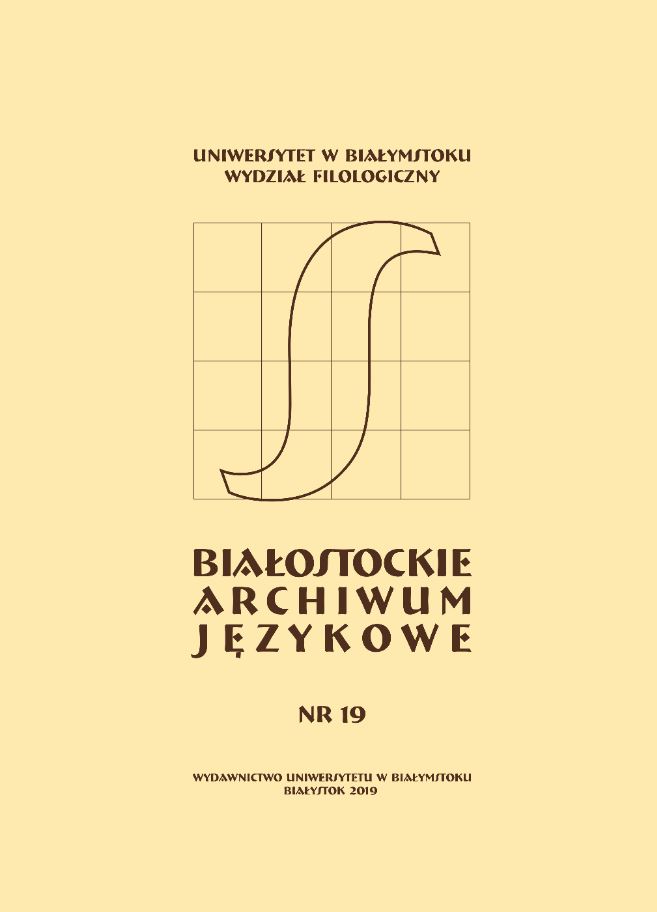O sakramencie pokuty w kazaniach ks. Piotra Skargi i Konstantego Szyrwida (podobieństwa i różnice)
About the Sacrament of Penance in priest Piotr Skarga and Konstanty Szyrwid’s sermons (similarities and differences)
Author(s): Anna Paluszak-BronkaSubject(s): Language and Literature Studies, Studies of Literature, Polish Literature
Published by: Wydawnictwo Uniwersytetu w Białymstoku
Keywords: Sacrament of Penance; sermon; Jesuits
Summary/Abstract: The subject of this paper is teaching about the Sacrament of Penance by priest Piotr Skarga and Konstanty Szyrwid, whereas its aim is to show similarities and differences in considerations of the two monks, as well as to determine what they resulted from. The research material comprises sermons titled “O Czwartym Sakramencie o Pokucie” (“About the Fourth Sacrament of Penance”) from the collection Kazania o siedmiu Sakramentach (Sermons about the Seven Sacraments) written by Piotr Skaga and “Punkta na Czwartą Niedzielę Adwentu” (“Points for the Fourth Sunday of the Advent”) from volume I of Punkty kazań (Points of the Sermons). The analysis of the material has shown that both preachers talk about the sacrament in the same way. It results from the fact that the main source of the Jesuits’ sermons were the Bible and patristic texts approved by the Council of Trent, which were to be interpreted according to the methods indicated by the Roman Catholic Church. It guaranteed unity of teaching, especially when all the doctrinal differences appeared along with varied, sometimes radically different, reading of the Holy Bible. Furthermore, Szyrwid must had known Skarga’s sermons, he might have been inspired by them. It is known they were to be read by the monks learning to deliver speeches. Insignificant differences, limited to the amount of presented contents, as proven by the above depiction, are the outcome of different goals set by the monks. Skarga’s output had a defined purpose – a polemic with persons of other faiths. The intention of Szyrwid, however, who had written his sermons in the time when disputes between Reformation and Counter-Reformation were fading away, was to enlighten the faithful. Hence, he did not have to explain the entire complicated and difficult content denied by persons of other faiths to the reader, and he could focus on teaching about this sacrament’s benefits and showing the followers how to prepare for penance. The second essential factor that affects the above mentioned differences is the structure of the sermons. Szyrwid, contrary to Skarga, did not write lengthily. His texts are in the form of points and summaries. They present theses, and next (using a quotation, paraphrase or allusion) they refer to the Holy Bible or to the papers written by the Fathers of the Church. Szyrwid’s comments are rather scarce, and often entirely absent.
Journal: Białostockie Archiwum Językowe
- Issue Year: 2019
- Issue No: 19
- Page Range: 271-285
- Page Count: 15
- Language: Polish

